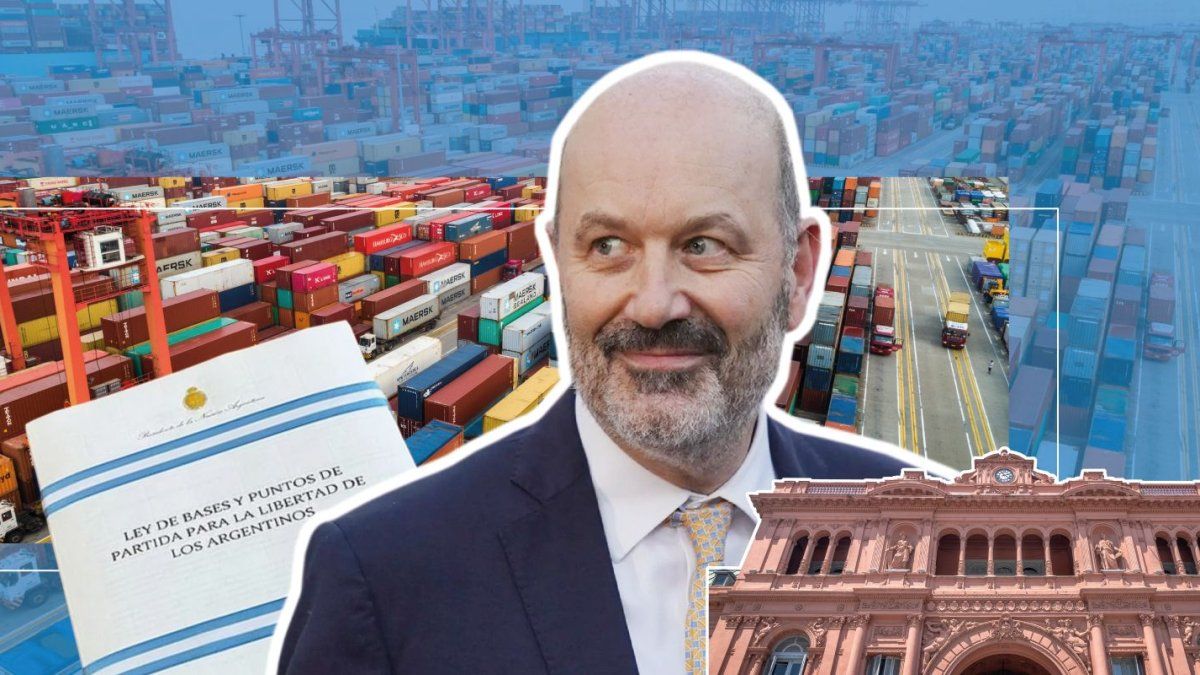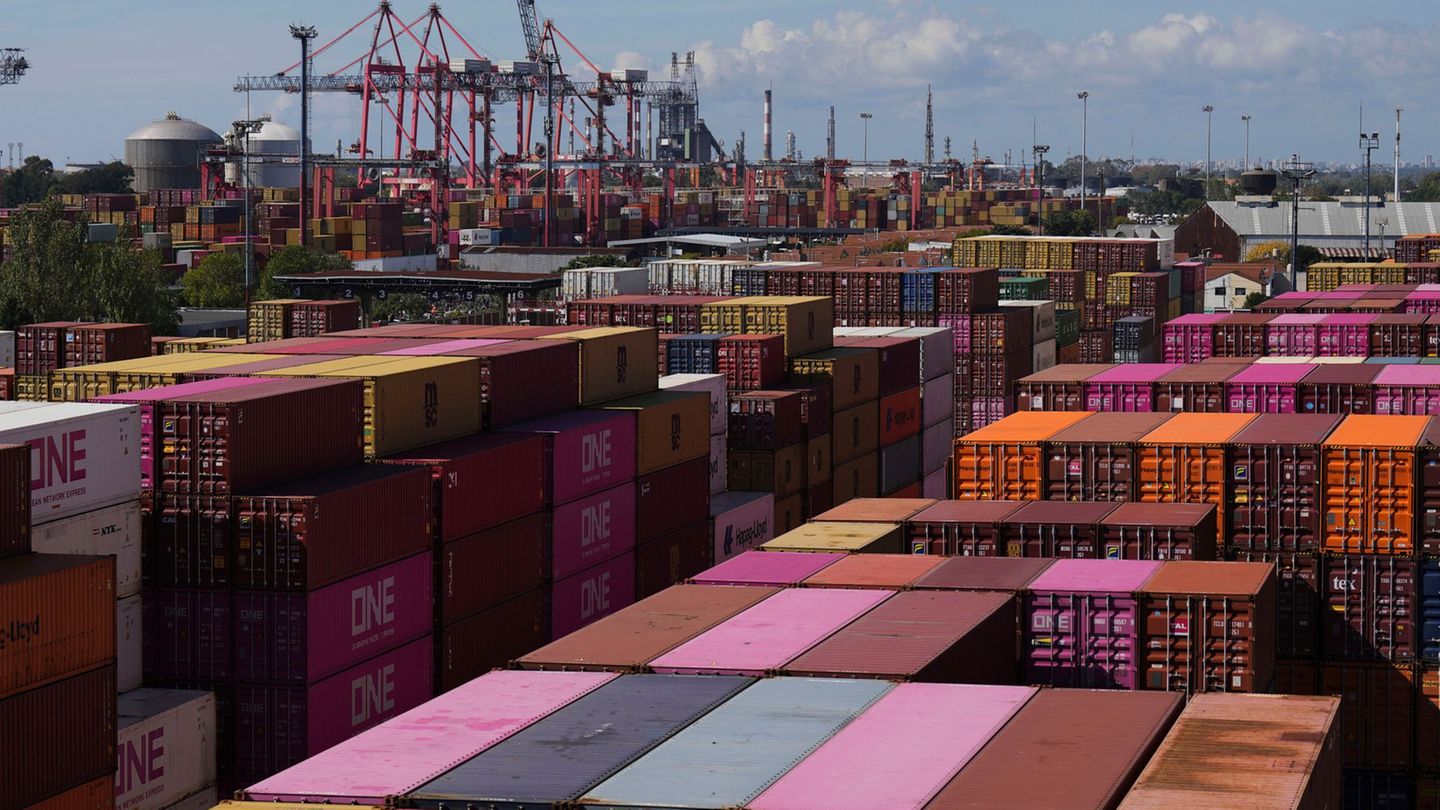The elimination of compulsive contributions from companies to sectoral cameras generated a strong cross between different entities. The measure, published on Wednesday in the Official Gazette, was held by the Federal Confederation SME and the Argentine Chamber of Distributors and Mass Self -Services, among others, but a group of institutions questioned it and warned that it can damage the employer representation. There were crossed complaints and even intervention orders
Through Decree 149/2025, the Government eliminated the obligation of the economic contributions that companies had to make to some cameras and transformed them into volunteers. “We eliminate a private tax”, said the Minister of Deregulation and Transformation of the State, Federico Sturzenegger, that was in charge of the measure.
The initiative generated early reactions, such as The Argentine Chamber of Distributors and Self -Services (CADAM) that came out to celebrate it. He said that “it represents a relief of $ 70,000 million a year for the commercial sector” and considered the contribution that until Wednesday part of the Argentine cost was mandatory.
“Since 2008, merchants must pay a mandatory monthly contribution for training for each employee even though the service is not provided,” said the camera in a statement. Cadam has been insisting on this point for months, in communiqués to the press, but also with efforts before the government.
Later Another group of entities rejected the measure, in “off the record”on the argument that “it will weaken the union representation of companies against unions.” They argue that many cameras depend on that income to subsist, pointed out a political orientation of the measure and crossed the position of Cadam.
Complaints and request for resignations
After the government volunteered the contribution by training to the Argentine Institute for Professional and Technological Training for Commerce (INACAP), The Federal Confederation SME Argentina asked to intervene the Argentine Confederation of the Medium Enterprises (CAME) for the management of these funds.
The president of the entity, Mauro González, indicated that there are already complaints before the Government and requested investigating “The real representation of the cameras that receive the resources to train.” On this point he questioned “the lack of transparency and public accountability” and said he had “concrete evidence of the damage to the partner and merchants of the whole country.”
This signaling circulated in an accelerated way by different WhatsApp groups of entities and entity representatives during the morning. At the close of this CAME edition he had not published any official statement, or in response to the measure or accusations.
Rejections and counterattack
The entities most affected by the measure are to be able to reverse it. They point out that being included in the collective labor agreements “is part of an agreement between private in which the government should not be put.”
The vice president of an entity that concentrates thousands of associates told the scope that They will have a meeting with Casa Rosada officials And he argued that “it is a debate that just begins.” On this point, another leader consulted by this means did not rule out the judicialization of the measure announced by Sturzenegger.
Another group of cameras was studying the details and the affectation of the regulations. In any case, The news opens once again a debate that doors in many years within the sector: The lack of representativeness in many headquarters of the business union.
Source: Ambito




